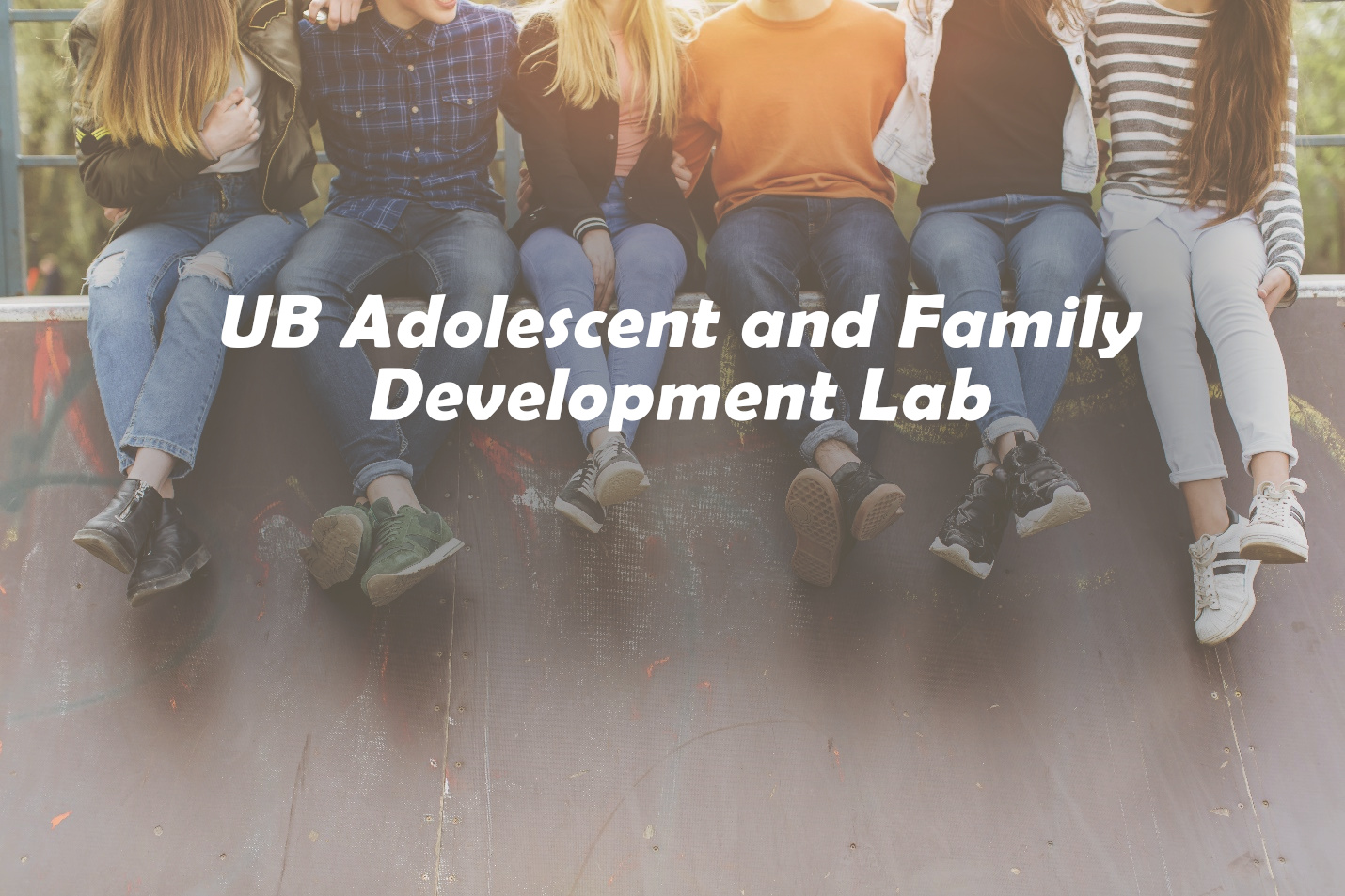Parent and Adolescent Talk Project
Socialization about alcohol use begins in the family. Parents convey information about alcohol both directly and indirectly, including modeling drinking, discussion about risk and benefits of alcohol, allowing children to sip/taste alcohol with supervision, reactions to underage drinking, and discipline strategies (Zehe & Colder, 2014). However, emerging in the literature is an unexpected finding that parents talking with their children about the risks of drinking can actually increase risk for later drinking. The reasons for this are unclear, but it is concerning because current guidelines recommend that parents talk to their children “early and often” about drinking to help guide children to make responsible decisions about drinking (e.g, Parenting To Preventing Childhood Alcohol Use, 2019). Moreover, the first direct experience with alcohol for many children occurs when sipping and tasting alcoholic beverages with parental supervision (Andrews, Tildesley, Hops, Duncan, & Severson, 2003; Donovan & Molina, 2008). Though parents may see this as a harm reduction strategy, research suggests that youth who sip/taste alcohol with parental supervision are at increased risk for more frequent and higher levels of alcohol use, and alcohol-related problems in adolescence and young adulthood (Colder, Shyhalla, & Frndak, 2018; Donovan & Molina, 2011; Jackson et al., 1997). It is striking that the evidence so strongly contradicts parental beliefs.
It is clear that literature lacks clear empirically supported guidelines for how parents should socialize their children regrading alcohol use. In this longitudinal study funded by the National Institute of Alcoholism and Alcohol Abuse, we are exploring the idea that the quality of parent-child interactions can impact the efficacy of what parents say and do to socialize children about alcohol. We draw on interpersonal process theory to characterize parent-child interactions (Horowitz et al., 2006), and test whether the quality of parent-child interactions influences the efficacy of parental alcohol-specific socialization practices. We are also interested in how interpersonal dynamics will change as adolescents age. This line of inquiry has the potential to inform guidelines for what parents should say and do to socialize their children about alcohol.
If you are a UB undergraduate interested in joining our research team, then submit a Research Assistant application to Dawn Keough (dmkeough@buffalo.edu). Questions about the project and positions can be directed to Dawn.
